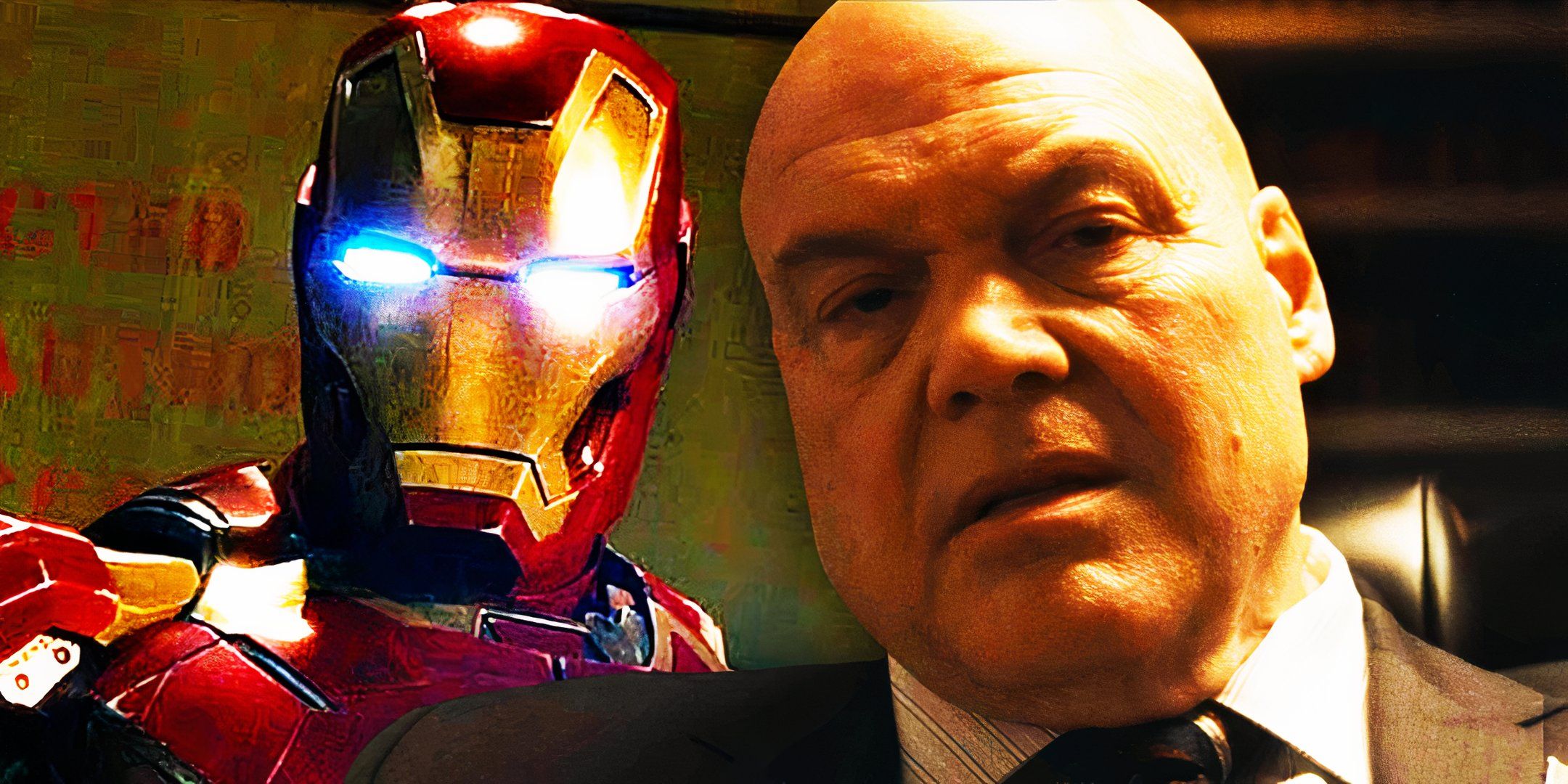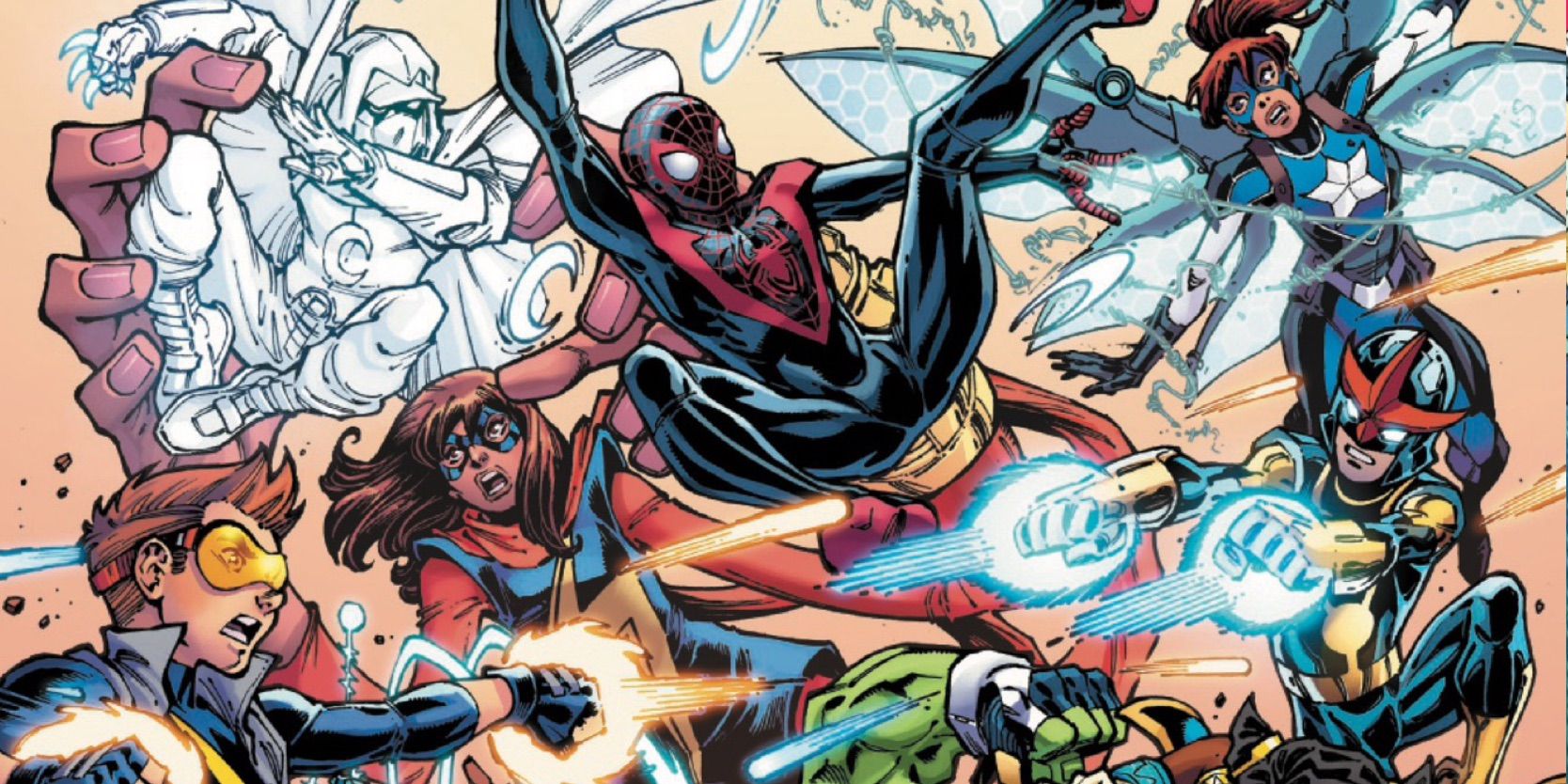The Godfather's Unofficial Fourth Movie, The Sicilian, Explained
Although there is a fourth movie connected to The Godfather trilogy, there is a reason that viewers have rarely heard of 1987’s The Sicilian. The Godfather trilogy is often listed among the greatest movies of all time, even though director Francis Ford Coppola’s final installment is generally viewed as a letdown. Coppola’s first two Godfather movies were so influential and acclaimed that the series as a whole is typically viewed as a vital piece of cinematic history, and even The Godfather Part 3 is better than critics gave the belated sequel credit for upon its original release.
Related Why Fredo Betrayed Michael In The Godfather Part II The Godfather Part II's ending centers on the tragic fallout of Fredo betraying Michael Corleone, but why did Fredo almost get his brother killed?
As such, it might seem surprising that The Godfather Part 4 never happened. While some cast members were arguably too old to reprise their roles, The Godfather series could have spawned spinoffs, prequels, and other follow-ups given the franchise’s popularity. The franchise was based on author Mario Puzo’s The Godfather novel series and, as well as the five books in that series, Puzo also authored the books The Family, The Fourth K, The Last Don, Fools Die, and Omertà, among others. However, the only other adaptation from The Godfather novels explains why further Puzo projects were few and far between.
Mario Puzo's The Sicilian Was A Quasi-Sequel To The Godfather
Puzo’s Original Novel Was A Godfather Follow-up
Legendary director Michael Cimino adapted The Godfather author Mario Puzo’s novel The Sicilian in 1987, but a troubled production resulted in a muddled movie that received largely negative reviews upon release. Set between books 6 and 7 of The Godfather, The Sicilian’s plot sees Michael Corleone help the real-life Italian brigand Salvatore Giuliano escape Italy for America. The novel and its movie adaptation concern themselves with Giuliano’s rise to power in the world of organized crime and his doomed fight for Sicilian independence. A larger-than-life “Bandit,” Giuliano was infamous throughout the 1940s for his role in the black market and Sicilian politics.
The Sicilian follows Salvatore Giuliano’s rise to power and his attempts to oust his backer, Joss Ackland's Mafia Don Masino Croce.
Since the character's rights were owned by other producers, Cimino’s movie excised any mention of The Godfather's Don Corleone and other characters from the trilogy when adapting The Sicilian. Highlander star Christopher Lambert played Salvatore Giuliano in The Sicilian which, outside the decision to drop its connections to The Godfather, was a relatively faithful adaptation of Puzo’s novel. The Sicilian follows Giuliano’s rise to power and his attempts to oust his backer, Joss Ackland's Mafia Don Masino Croce. With a supporting cast including Terence Stamp and John Turturro, The Sicilian could have been a major hit.
The Sicilian Was Adapted Into A Movie Without Any Reference To The Corleone Family
Close
Unfortunately, any hopes of The Sicilian rivaling The Godfather at the box office or with critics evaporated when Cimino came on board as the adaptation’s director. Cimino’s The Deer Hunter is a masterpiece, but the director had infamously bad luck at the box office. His 1980 magnum opus Heaven’s Gate was one of the best Westerns to ever bomb at the box office, and Cimino’s decision to lean into the Western elements of The Sicilian’s story didn’t help the troubled movie. Infamously, Cimino also refused to cut The Sicilian’s runtime down to less than 150 minutes.
Your browser does not support the video tag.
This led to a lengthy lawsuit that eventually ended with the producers winning and cutting the adaptation down to a 115-minute runtime without Cimino’s involvement. The result was a critical catastrophe. In his review for The New York Times, critic Vincent Candy called The Sicilian “A garbled synopsis of the Puzo novel,” while Leonard Maltin dubbed the movie a “BOMB.” The Washington Post’s Hal Hinson called the adaptation “Unambiguously atrocious,” while The Chicago Sun Times' Roger Ebert gave the movie two thumbs down and called it “An incomprehensible mess.”
The Sicilian Was Poorly Received Compared To The Godfather Movies (But The Book Wasn’t)
The Sicilian’s Critical Reception Didn’t Match The Book’s Success
Close
While Cimino’s mixed history with critics made this reception somewhat unsurprising, The Sicilian earning even worse reviews than Coppola’s original cut of The Godfather Part III was notable considering the novel’s comparatively kind critical reception. The New York Times dubbed The Sicilian “Fun and compelling,” although the paper did note that its endless links to Puzo’s original trilogy meant that it might as easily be titled “The Godfather Part IIII.” This provides an insight into what went wrong with Cimino’s movie.
Movie Box Office Total The Godfather $270,007,394 The Godfather: Part II $57,386,952 The Sicilian $5,400,000
Even before hiring the infamously erratic director, the producers of The Sicilian made a mistake by trying to sever its connections from The Godfather trilogy. The book takes place as an interquel during the original saga’s epic story and should have been treated like one, as turning it into an unrelated standalone story resulted in a messy, incomplete narrative. Thus, The Godfather’s trilogy unofficial interquel failed precisely because The Sicilian was an unofficial addition to the franchise’s mythos.
Sources: The Washington Post
The Chicago Sun Times (Via RogerEbert.com)
The New York Times











COMMENTS